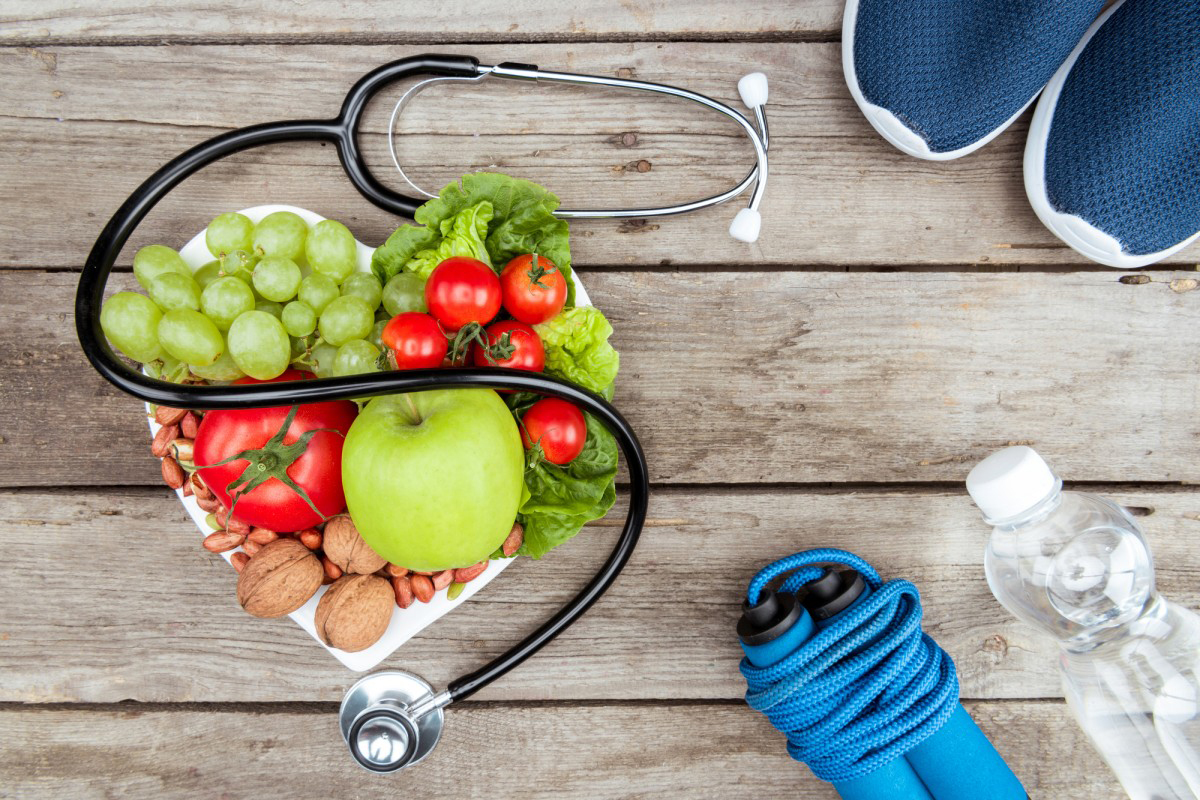
Bones, Joints and Muscles
With age, bones tend to shrink in size and density, weakening them and making them more susceptible to fracture. You might even become a bit shorter. Muscles generally lose strength, endurance and flexibility — factors that can affect your coordination, stability and balance.
What you can do to promote bone, joint and muscle health
- Get adequate amounts of calcium. The National Academy of Science, Engineering, and Medicine recommends at least 1,000 milligrams (mg) of calcium daily for adults. The recommendation increases to 1,200 mg daily for women age 51 and older and men age 71 and older. Dietary sources of calcium include dairy products, broccoli, kale, salmon and tofu. If you find it difficult to get enough calcium from your diet, ask your doctor about calcium supplements.
- Get adequate amounts of vitamin D. The recommended daily intake of vitamin D is 600 international units for adults up to age 70 and 800 IU for adults over 70. Many people get adequate amounts of vitamin D from sunlight. Other sources include tuna, salmon, eggs, vitamin D-fortified milk and vitamin D supplements.
- Include physical activity in your daily routine. Weight-bearing exercises, such as walking, jogging, tennis, climbing stairs and weight training can help you build strong bones and slow bone loss.

